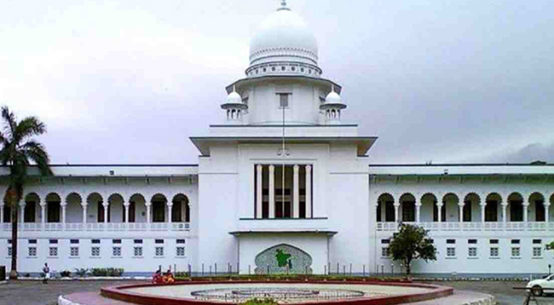US Assistant Secretary of State for South and Central Asian Affairs Donald Lu has said the current situation in Myanmar does not seem to be getting better and he sees deeper security problems for Bangladesh and beyond.
“The situation there doesn’t appear to getting better. What worries me is that the refugee crisis, the security problems creating for Bangladesh, and potentially for India as well could get deeper in the coming days,” he said.
The US assistant secretary, who had the opportunity to visit the Rohingya refugee camp in Cox’s Bazar, said, “I think it’s something we all have to watch out for.”
While speaking at an event in Washington recently on “The Indo-Pacific Strategy in Action: Commemorating the Second Anniversary” Lu said they have to be enabling their partners in this region.
“In this case, Bangladesh and India to be able to cooperate,” he said.
Lu said they spent a lot of time working with Bangladesh to try to be supportive of the tremendous generosity shown by Bangladesh by hosting over a million people who have been living now in Bangladesh for years.
“I had a chance to visit the Cox’s Bazar refugee camp, the biggest refugee camp in the world,” he mentioned.
Lu also noted tremendous generosity and the willingness of the international community to work together to find the solution to how these refugees are safe enough to go back.
As the most dynamic and fastest-growing region on earth, the Indo-Pacific is a leading priority for U.S. foreign policy and essential to global security and prosperity, said the host of the event.
In 2022, the United States inaugurated its Indo-Pacific Strategy, which lays out a shared vision for a free and open region that is more connected, prosperous, secure and resilient.
Over the past two years, the United States has continually worked alongside partners, allies and friends in the Indo-Pacific to implement this landmark strategy, achieve significant economic and diplomatic milestones, and deliver tangible benefits for the region and its people.
On February 15, U.S. Institute of Peace (USIP), in collaboration with the U.S. State Department hosted the conversation on the economic components of the Indo-Pacific Strategy, the strategic alliances formed under this framework, and the milestones achieved since its inaugural date.

